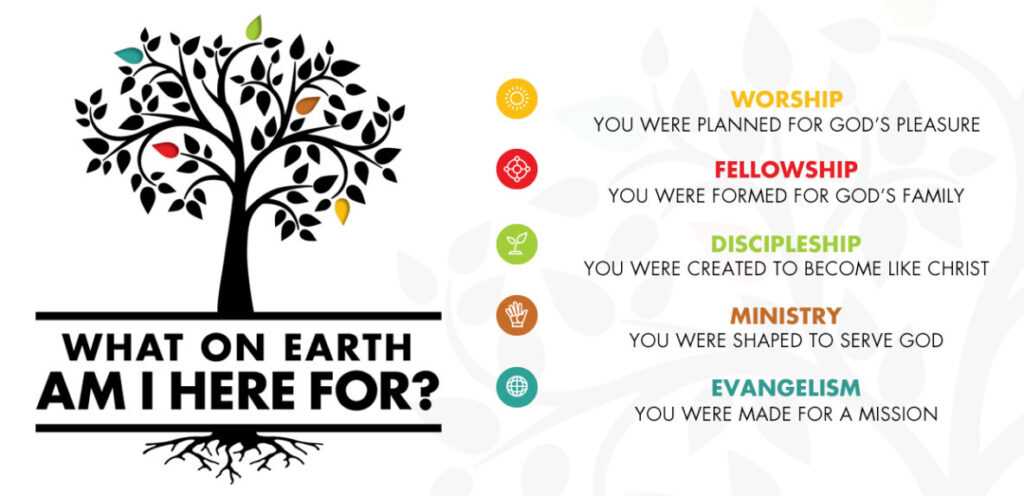Despite criticism of their alleged involvement, virtually everyone on both sides of the Atlantic, including the US President, Joe Biden and the British Monarch King Charles, have been celebrating the visit of an Iranian delegation to Palestine. In the Epiphany story, we remember how a group of Iranians visited Palestine carrying funding for an opposition figure the authorities wanted dead. Then the Iranians evaded the authorities, ignoring the correct exit procedures and fled the country. Of course, King Charles, the Prime Minister and US President have not been celebrating contemporary Iranian involvement, but the historic visit of a past Iranian delegation – the Magi (the ‘Wise Men’ or ‘Kings’) who came to Bethlehem bringing gifts of gold, frankincense and myrrh for Jesus. It is ironic that without Iran and Iranian involvement, we would not have exchanged gifts on Christmas Day!
The passage before us today is a study in contrasts. The contrast between religious hypocrisy and spiritual integrity. Between the religious hypocrisy of Herod and the Priests, and the spiritual integrity of the Magi. How can we distinguish one from the other? By their response to God’s revelation in nature, but above all His self revelation in the Scriptures. For the scriptures demand a response, not passive acquiescence nor mere lip service, but submission. In this passage we are going to consider the Kings Hypocrisy, the Scripture’s Testimony, and the Magi’s Integrity.
Continue reading


